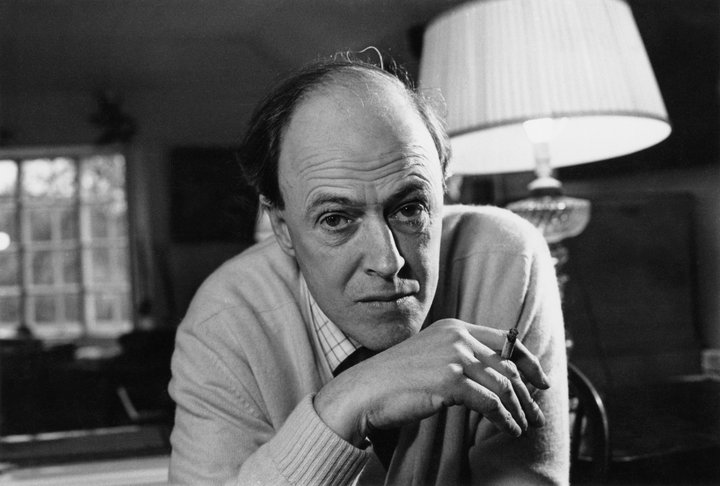15 March 2019

“Having power is not nearly as important as what you choose to do with it.”
There is a whole industry dedicated to training and ‘developing’ newly appointed Headteachers. There are also a range of educational issues that you are compelled to have some form of opinion on, even if you feel that expressing a view can be s little like holding forth on your lion taming technique to a roomful of gnarled Carnival employees with big cat scars. After a single visit to the Circus. When you were 12.
Some of the opportunities that present themselves can seem a little like an invitation to invest in a time share with Gary Neville. They seem alluring, but you end up out of pocket and deeply disappointed. This was on my mind when attending a ‘Visible Learning’ conference recently. There were some fantastic speakers, hugely influential because of their research and long standing commitment to doing what works for students. However, when choosing my ‘workshops’ some of the jargon heavy titles seemed a little daunting and unrealistic. Taking yourself too seriously is not very ‘British’, but as most of the speakers were Canadian or Antipodean, they are exempt from that cliche. One of the sessions, that I initially avoided, had the subtitle ‘Engage The World, Change The World.’ This is laudable, I thought, but a little beyond my immediate control. It isn’t as if the world doesn’t need changing- Brexit, a decline in public discourse, an obsession with self, a lack of funding to maintain the social contract - but where and how to start?
Writing this now I recognise that there is an obvious place to start to ‘change’ the world and that is via a well funded education system that is given time and space from constant political interference and new ‘initiatives.’ Educational change is often perceived to be interchangeable with improvement, but they are not synonymous with each other. Change isn’t always for the better. Climate change and a rise in anti-semitism are not positive developments. The word ‘change’ has been given honorific status, but change can be a bad thing, as my hairline can attest.
Our students have proven this to me on a number of occasions. Four year 7 recently visited me to express their concerns about the environment and the lack of awareness of some of their fellow students. We discussed how we might increase the understanding of others and now have a plan for an environment week and a focus upon changing habits in the long term. This desire to make people aware was also expressed by three year 13 students, who wanted to discuss the presence of Roald Dahl on a classroom display of greater writers. The display portrayed him as a hugely important literary figure, but they were concerned that insufficient context was provided; they were particularly perturbed by some of his infamous anti-semitic ramblings. They didn’t want the display to be removed or censored, but wanted younger students to be aware of both his books and his public statements.
http://www.bbc.com/culture/story/20160912-the-dark-side-of-roald-dahl
We agreed that the matter could be best addressed in KS3 history and PHSE classrooms, where issues such as discrimination and racism can be discussed openly and given context. The students will take part in those lessons and discuss examples of anti-semitism in contemporary Britain. Students want to talk about such issues, as they encounter a significant amount of confusing information but don’t always have the necessary knowledge to question it.
All of the students referenced above are keen to engage with the world and to change things for the better. As a Headteacher, it is important to harness that enthusiasm and youthful optimism. Individuals can make a huge difference, but positive change tends to be based upon collective endeavour.
Mr O’Sullivan
